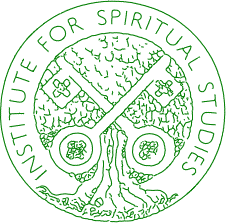

|
Seminar 5:
|
|
The method we adopt when we read the Bible is much more than a simple question of technique and dynamic. Method expresses order and transmits a mystical truth, a definite approach to the Bible and to revelation. Not every method will do. A good method can never lose or fail to take account of the objective to be achieved. The ultimate objective of reading the Bible is always the same: with the help of the Bible to discover, accept and celebrate the Word of God that exists in our life today. The tradition of the Churches and the practice of the communities of the poor demonstrate that a proper reading of the Bible must include three fundamental concerns:
The centuries-old practice of the Churches demonstrates that two simultaneous movements are necessary in reading the Bible: one that goes from today to yesterday and another from yesterday to today. The movement from today to yesterday endeavours to determine the literal meaning, the letter, the history of the text, in order to establish the common ground of human difficulties. In this first movement the criteria of reason and knowledge, scientific knowledge, are operative. Exegesis is very helpful at this stage. The movement from yesterday to today endeavours to discover the spiritual meaning, the Spirit, the message, that is, what God has to say to us today through the ancient text that was written yesterday. In this second movement the criteria of faith are operative. The environment of prayer that the community offers is very helpful here as it helps to uncover the spiritual meaning.
|